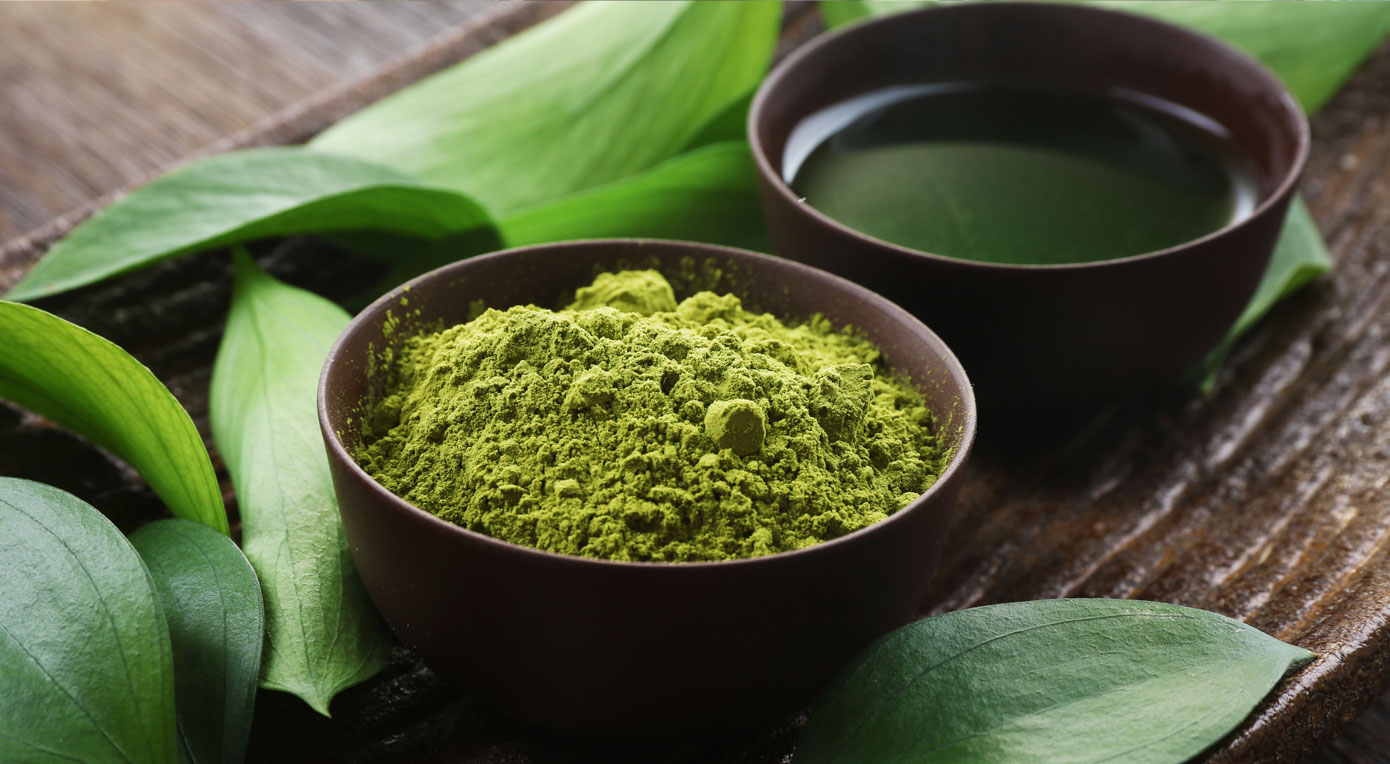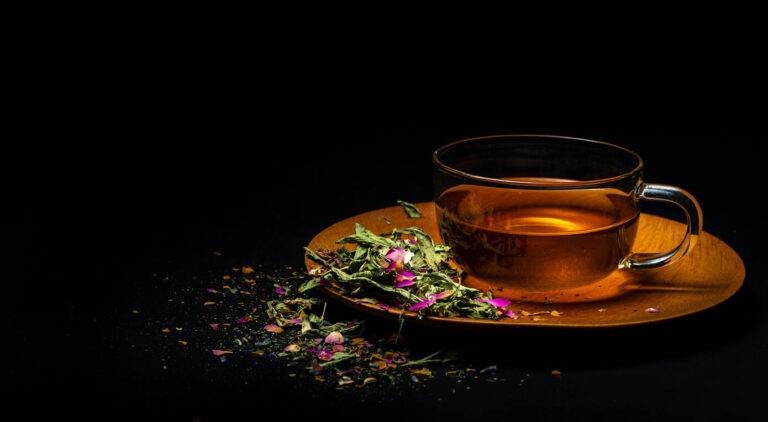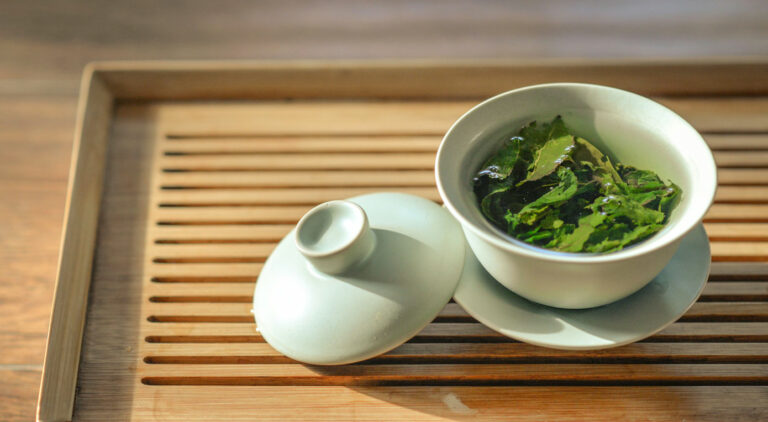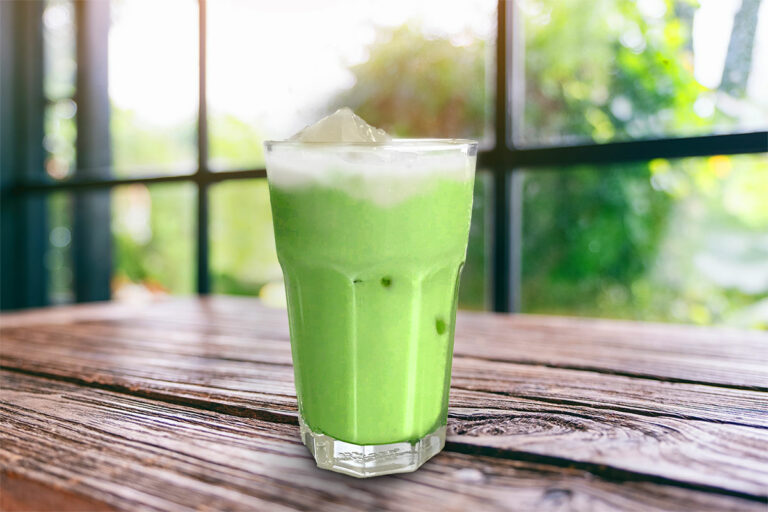Is Matcha Tea Acidic? Backed By Science
Matcha tea is a true tea and a rich, green powder that comes from the shade-grown leaves of the Camellia sinensis plant. Although it comes from the same plant as regular tea and regular green tea, it is produced and consumed in a different manner. Is Matcha Tea Acidic? Similar to some herbal teas, matcha tea provides relief to that lupus symptoms quickly and efficiently!
Matcha tea has been one of the healthiest types of tea in the world. It has been used for hundreds of years by the Japanese to help relieve stress and anxiety. It has also been used by monks and Buddhist monks as a way to meditate and focus their minds. The reason why it works so well is that matcha contains amino acids that are good for your brain. These amino acids can help you relax and focus on your activities more than ever before.
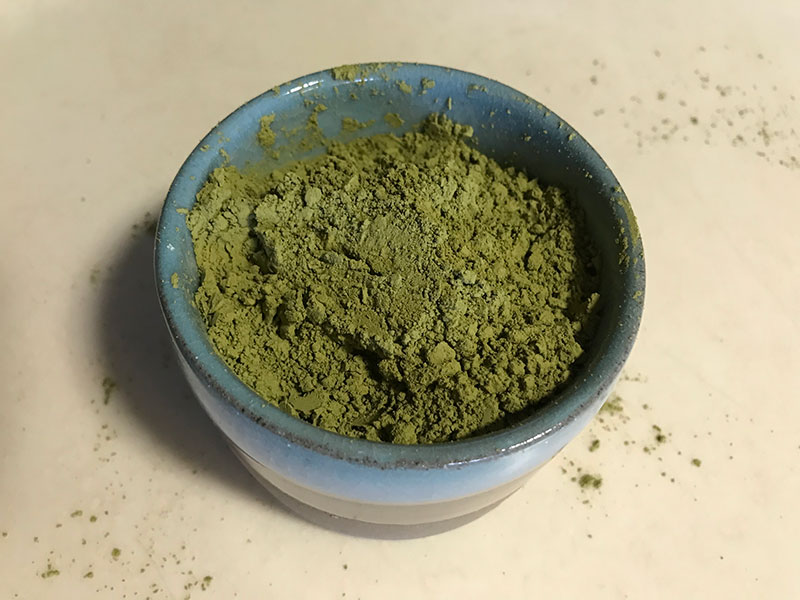
Matcha tea is made from green tea leaves that have been processed into powder form. The matcha powder is then mixed with hot water and served in small amounts throughout the day. Note that it is important to consume this beverage with caution if you are pregnant or breastfeeding. If you do consume too much or with an empty stomach, it can lead to an upset stomach, vomiting, or diarrhea.
While matcha does have high levels of caffeine, it is a type of tea that does not contain the same amount as coffee does when consumed in large amounts. It also does not contain as much caffeine as black tea does either and the number of health benefits outweighs that of many caffeinated beverages. You can make a delicious cup of matcha coffee drink to perk you up every morning.
Is Matcha Tea considered an acidic tea? Read on to find out.
How Much Acid is There in a Cup of Matcha Tea?
Acidity levels are measured on a scale called the pH scale, which goes from 0 (the most acidic foods) to 14 (the least acidic foods). Water, with a pH of 7, is considered neutral—neither acidic nor alkaline. Matcha’s pH is between 10 and 11, which makes it slightly alkaline. That’s good news for folks who want to avoid the acidity in their diet and wish to go on an alkaline diet, or who have digestive issues like acid reflux, gastroesophageal reflux disease, or GERD symptoms.
But wait! As it turns out, even though matcha has a high pH, when you drink it, that number changes as your body metabolizes the tea. In fact, drinking matcha will eventually have an acidic effect on your body, especially when added to the existing stomach acid in your body—so if you’re trying to avoid acidity altogether, you may want to stick with plain water.
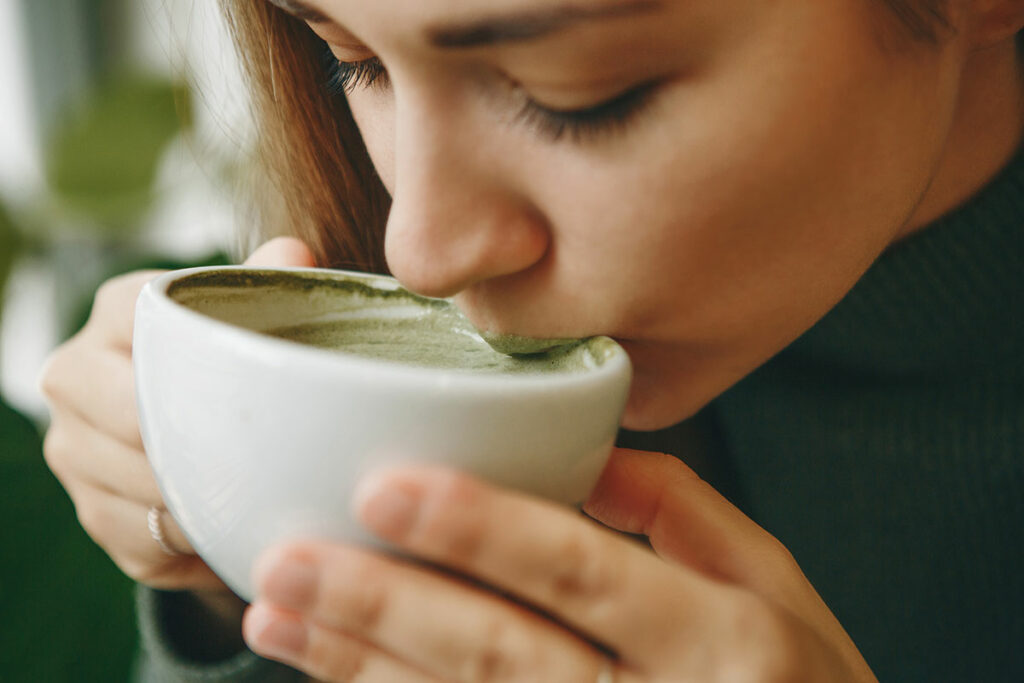
Just like any other type of green tea, matcha contains catechins—antioxidants that help prevent cell damage. Catechins also increase the acidity level of your stomach, so while they’re good for you in many ways, they can also be bad news for folks with symptoms of acid reflux.
It also has a number of healthy acids such as phenolic acid, reported to inhibit cancer cell growth and prevent metastasis. The other acid it has is theanine, an amino acid found in the tea plant Camellia Sinensis. Matcha has more of this acid because due to the shade-growing of plants intended for matcha production, theanine does not break down. Hence, matcha has more of this acid than other teas [1]https://www.mdpi.com/1420-3049/26/1/85/htm.
Is matcha less acidic than other teas?
Matcha tea and other green teas are very popular among people who wish to improve their health, but there is some concern about the amount of acid in matcha tea. The answer is that matcha tea is slightly more acidic than other teas, but not by much. In fact, it’s still far less acidic than many other foods and drinks.
One factor for the slight difference in acidity level between matcha tea and regular green teas is that it’s made from younger leaves. Younger leaves have less lignin, which means they have a slightly lower pH level. However, matcha is still a very healthy drink to consume on a daily basis—even if you’re following a low-acid diet.
Matcha tea has a lower pH value (acid levels) when compared with the more acidic beverages like soda, fruit juices, fruit teas, and your cup of coffee. Even when compared with raw vegetables like tomatoes or spinach, matcha has less acidity.
Is Green Tea Acidic?
You may think the pH of green teas may not be much, considering the health benefits they offer. So far, matcha is the least acidic tea, followed by rooibos and black tea. Green tea is very close to a pH of 7 or neutral between acidic and alkaline. Green tea can be acidic depending on the additives included in your drink.
Is Matcha Tea Acidic or Alkaline?
Is Matcha Tea Acidic? Matcha tea in general has a pH level of about 9. In other words, it’s more alkaline or less acidic than green tea.
Matcha tea is considered a green tea and it is different from other teas because unlike other teas, it is never processed to be black tea. It’s made in Japan by grinding the most tender leaves of the camellia sinensis plant. The different color of matcha compared to other teas like: white tea, oolong and black tea is due to differences in its processing methods.
So, based on this information matcha tea should not be acidic because there is no fermentation process that will make the dietary content acidic. But if you want to make sure drink matcha tea with your stomach, you may want to add a little bit of lemon juice or apple cider vinegar after the preparation.
References
| ↑1 | https://www.mdpi.com/1420-3049/26/1/85/htm |
|---|
